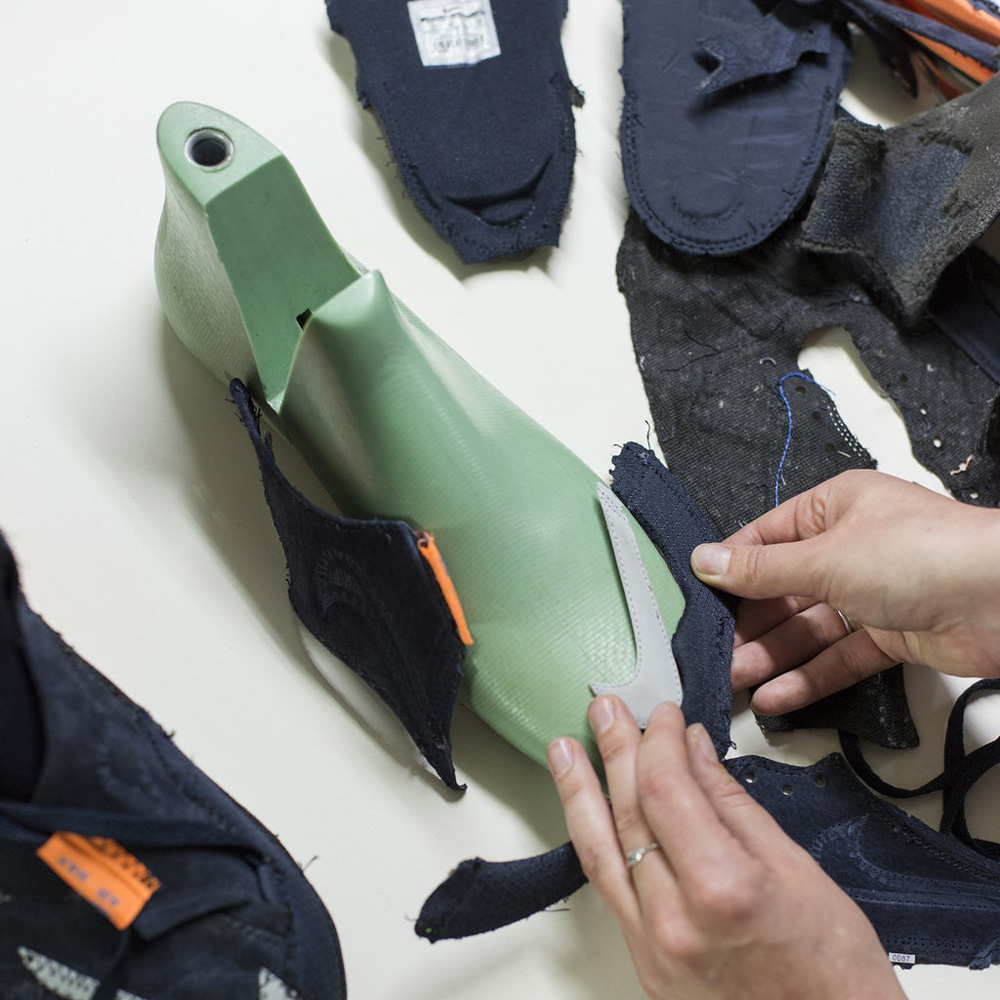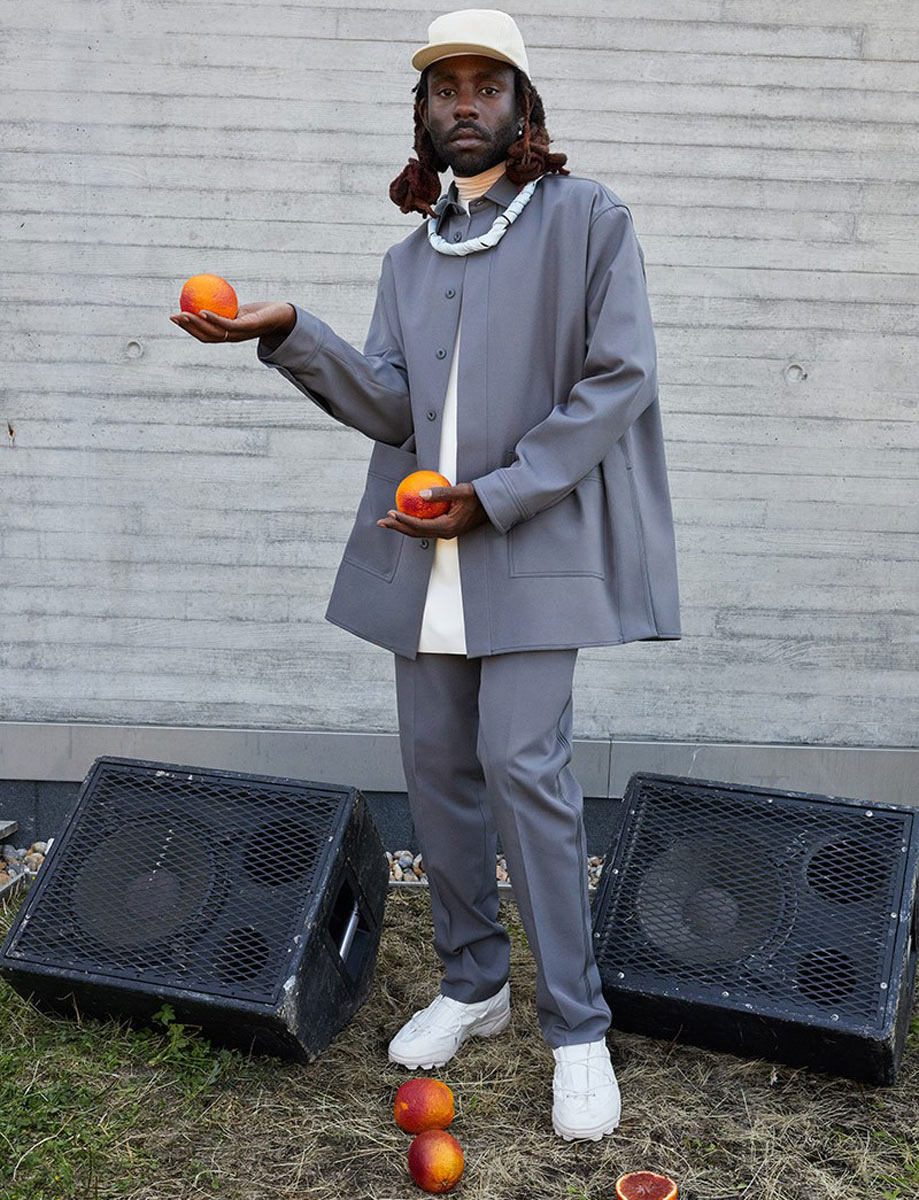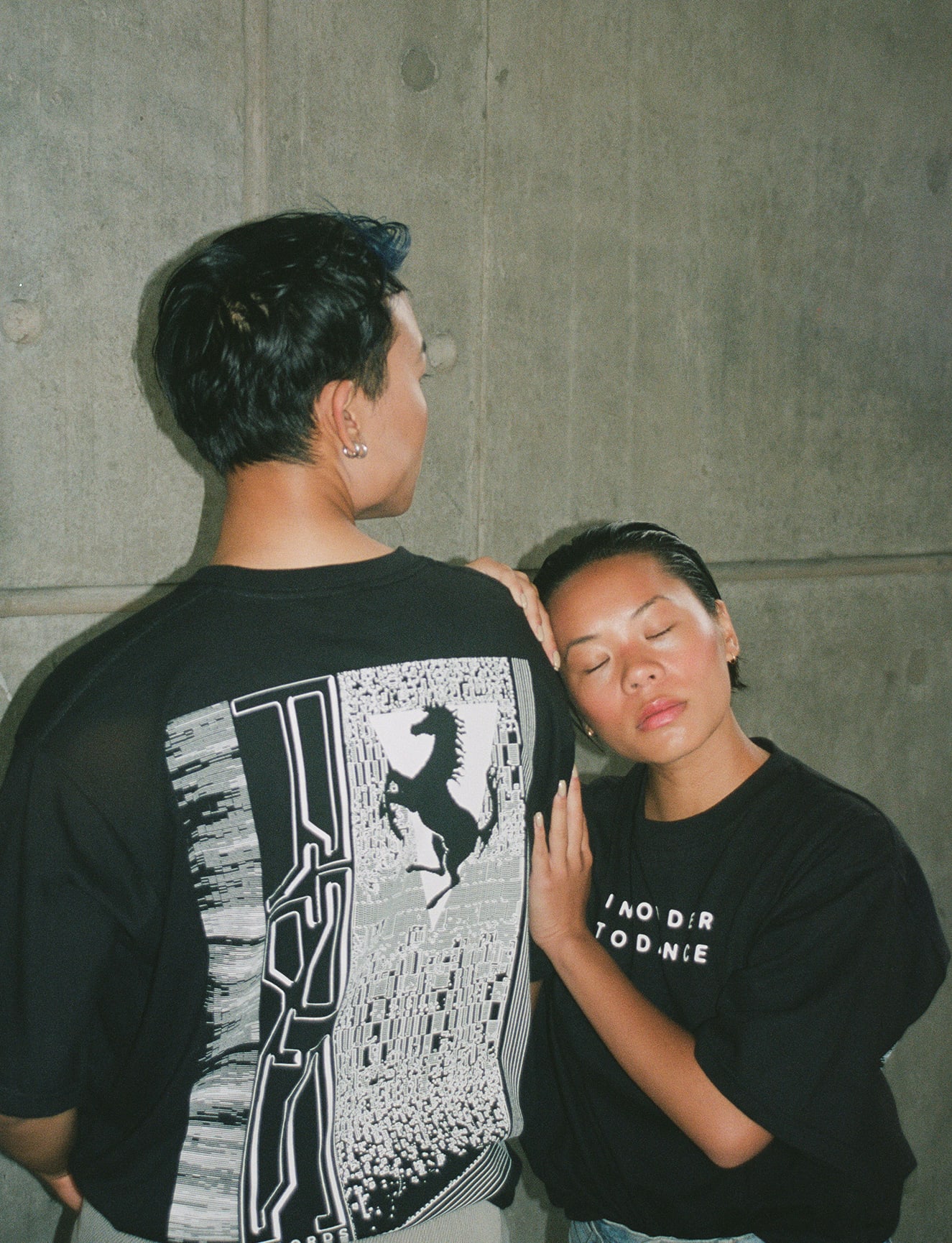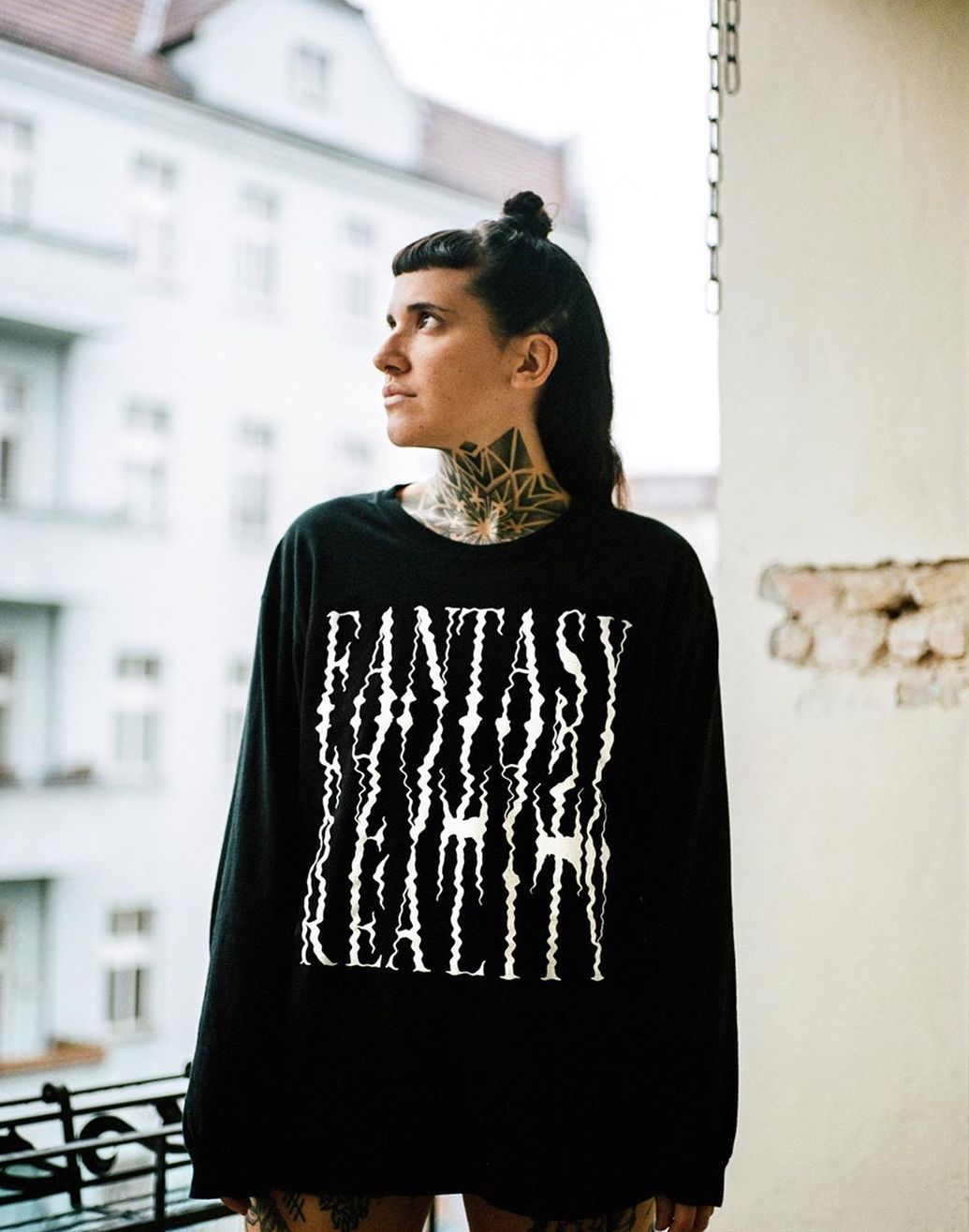Econyl
Aquafil, Econyl’s Italian manufacturers, claim that this fibre can be recycled an infinite number of times. Made from regenerated nylon waste, the versatile fabric is popular in the construction of sustainable swimwear, among other garments. Econyl has also been adopted by brands such as Stella McCartney and Prada, who have pledged to make the switch to Econyl – and phase out virgin nylon entirely – by 2020.
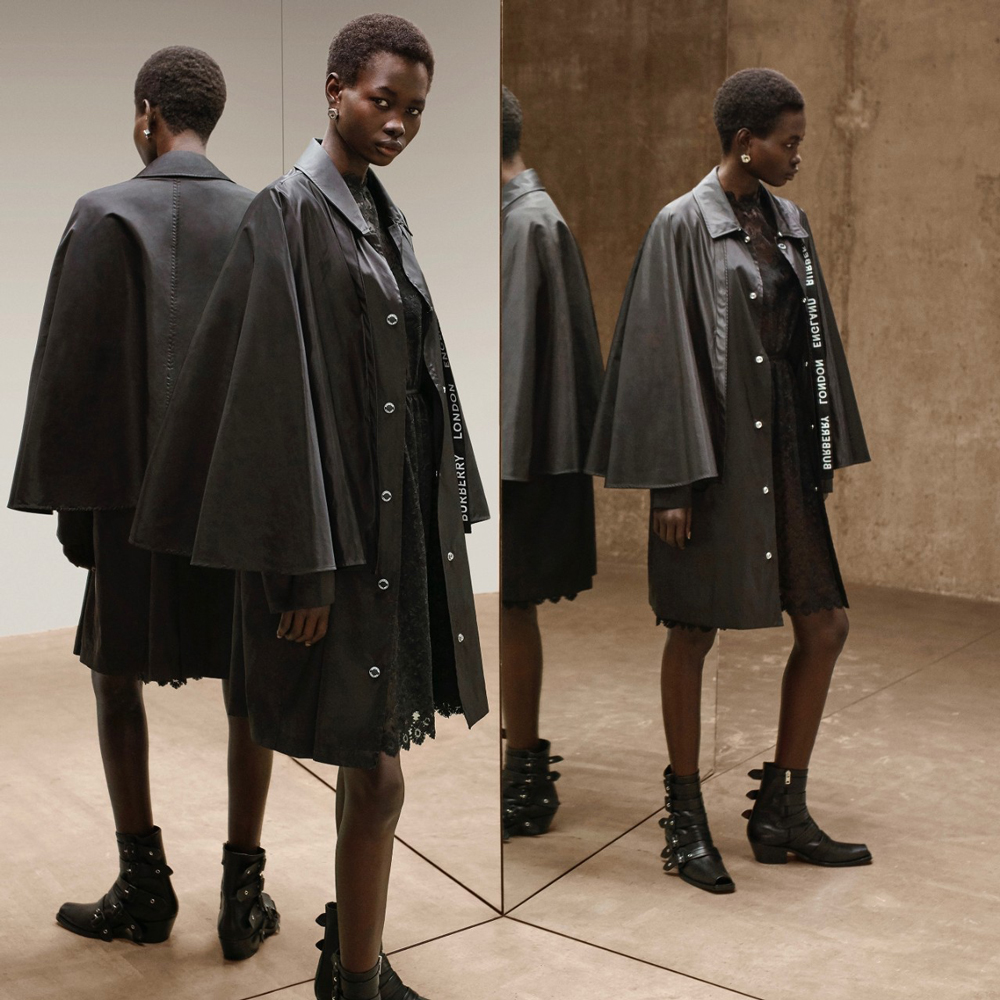
Rental Clothes
Companies such as MUD Jeans allow customers to borrow garments for as long as they like through a leasing system, as well as offering free repairs. And it’s not only wardrobe essentials like jeans that are available for hire either. Services like Rent The Runway and Frontrow are giving designer styles the rental treatment, offering a system that’s easier on both the planet and your bank account.
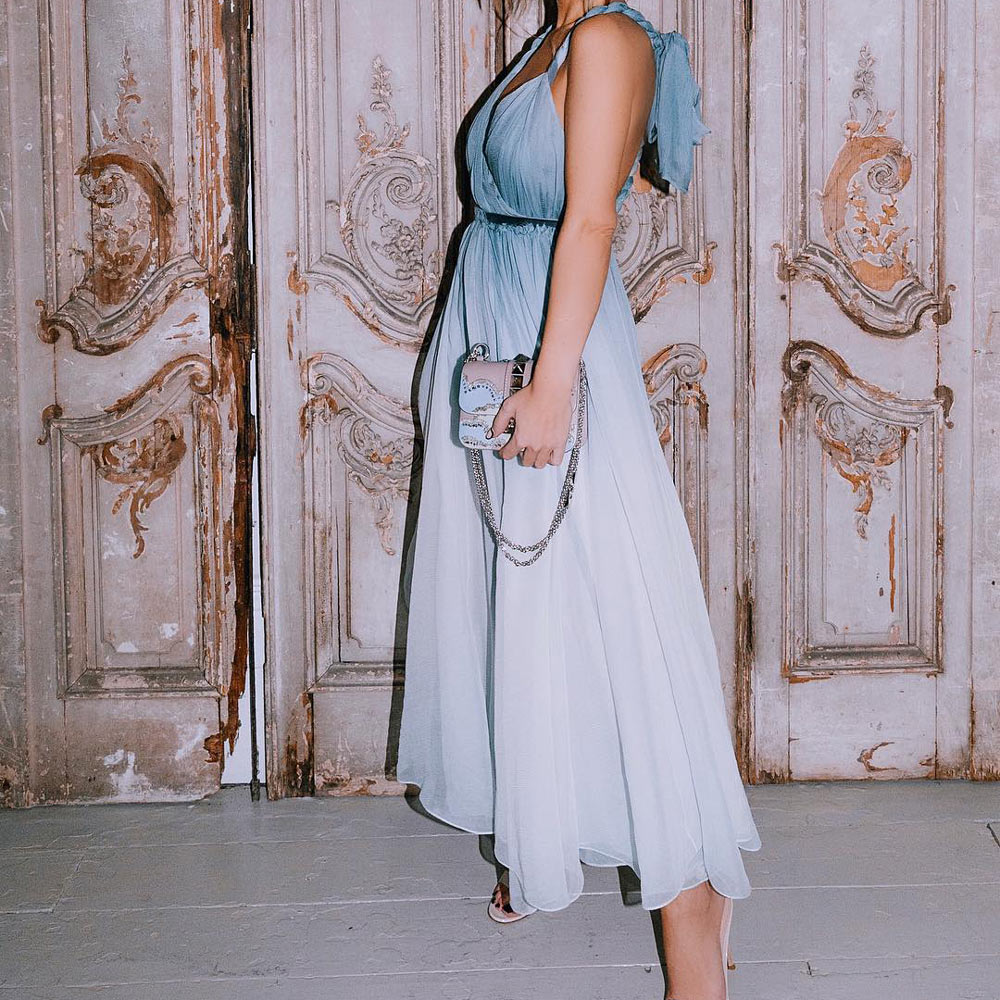
Upcycling
At the forefront of this trend are legions of fashion students. Using discarded material or company deadstock, upcycling allows young, emerging designers to create new styles from unwanted material, and drastically reduces the cost of their collections. The practice, also known as ‘creative reuse’, has been around for a while, but has more recently taken on a new environmental urgency.
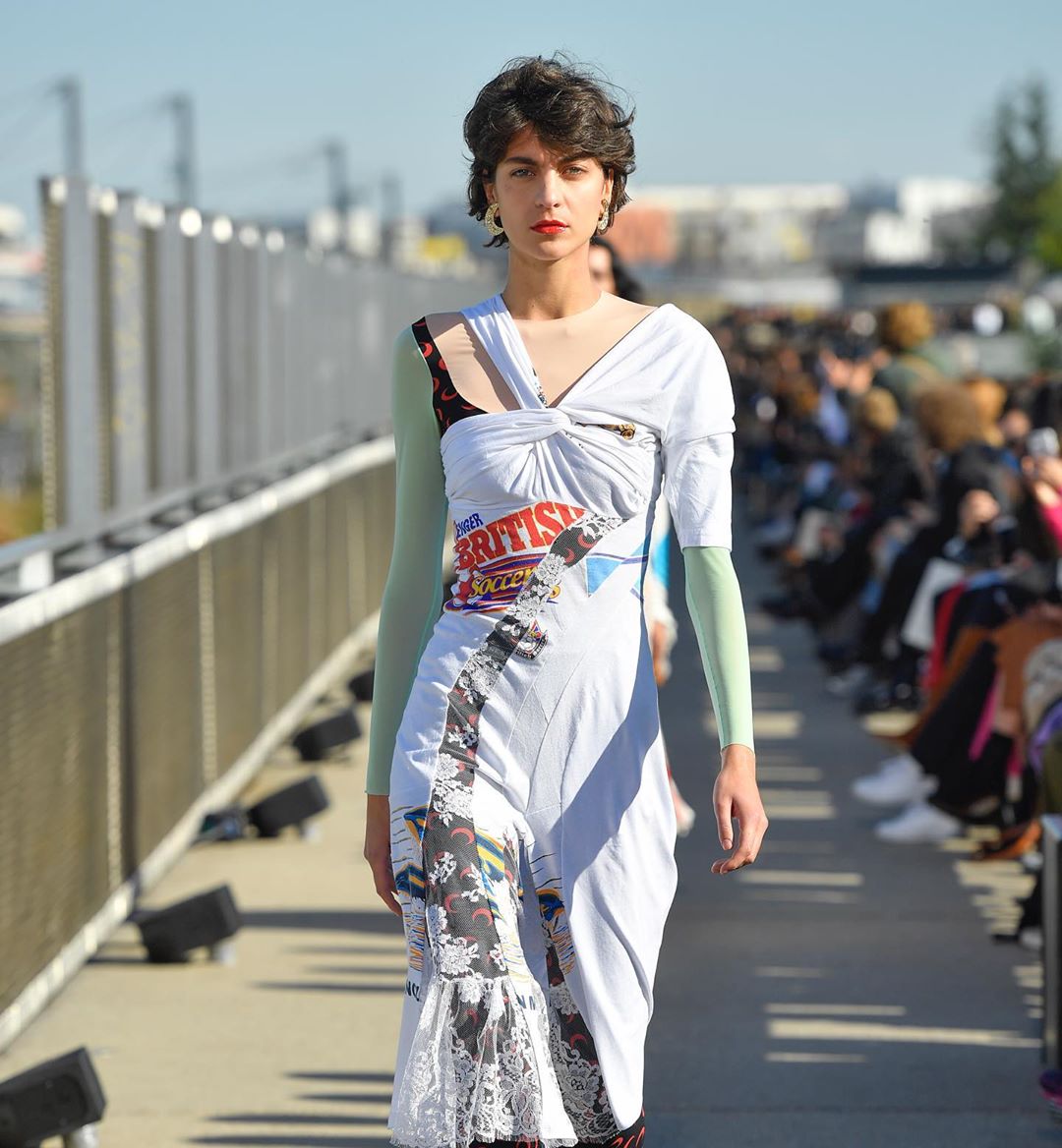
Piñatex
Earlier this year, animal leather was banned from the catwalks of Helsinki Fashion Week. The suggested alternative? Plant-based leathers and textiles like Piñatex, which uses fibres extracted from waste pineapple leaves to create a lighter, cheaper ‘leather’.
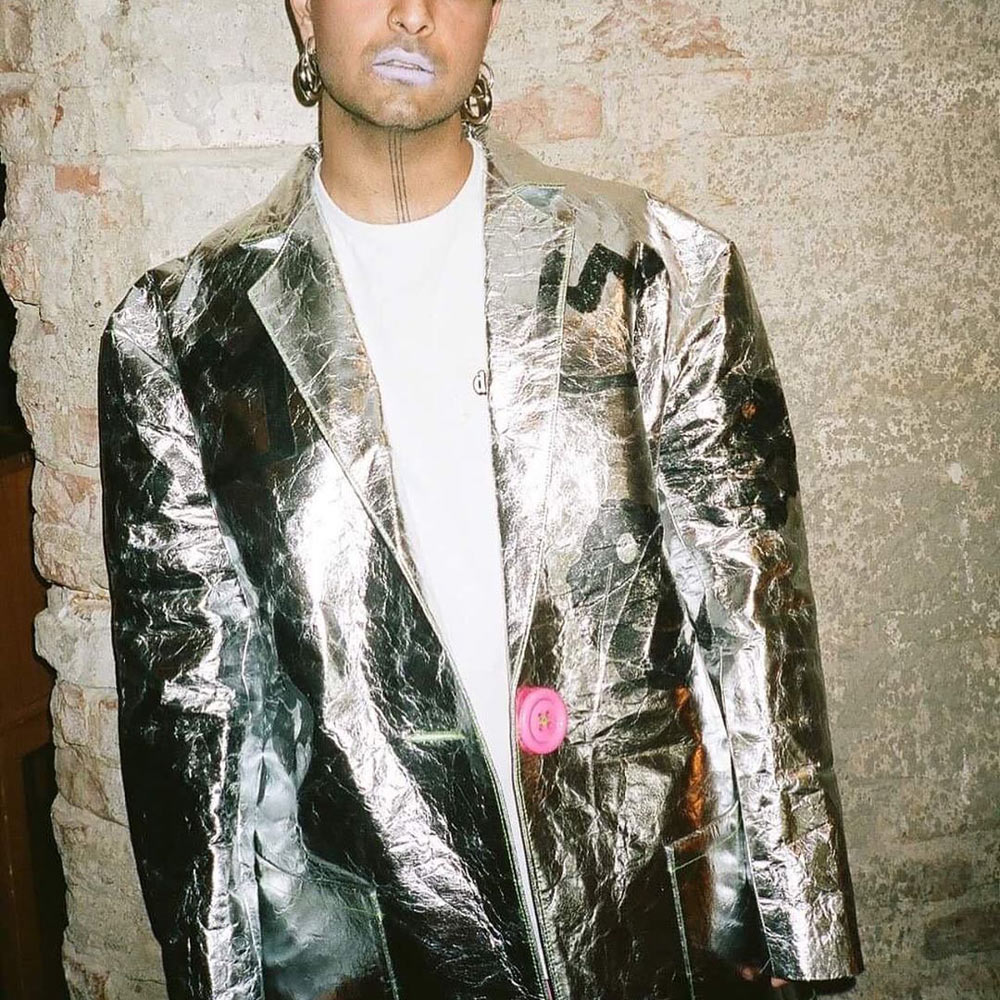
Guppy Friend
A wholly sustainable wardrobe may be the end goal, but before you get there, many of us still have garments that are harmful for the environment. Synthetic fabrics are notorious for shedding contaminative microscopic plastics known as microfibres, which can enter the water supply when washed in a machine. So how to limit the damage? Enter Guppy Friend. These mesh washing bags can help trap microfibres, making your clothes wash kinder to the environment.
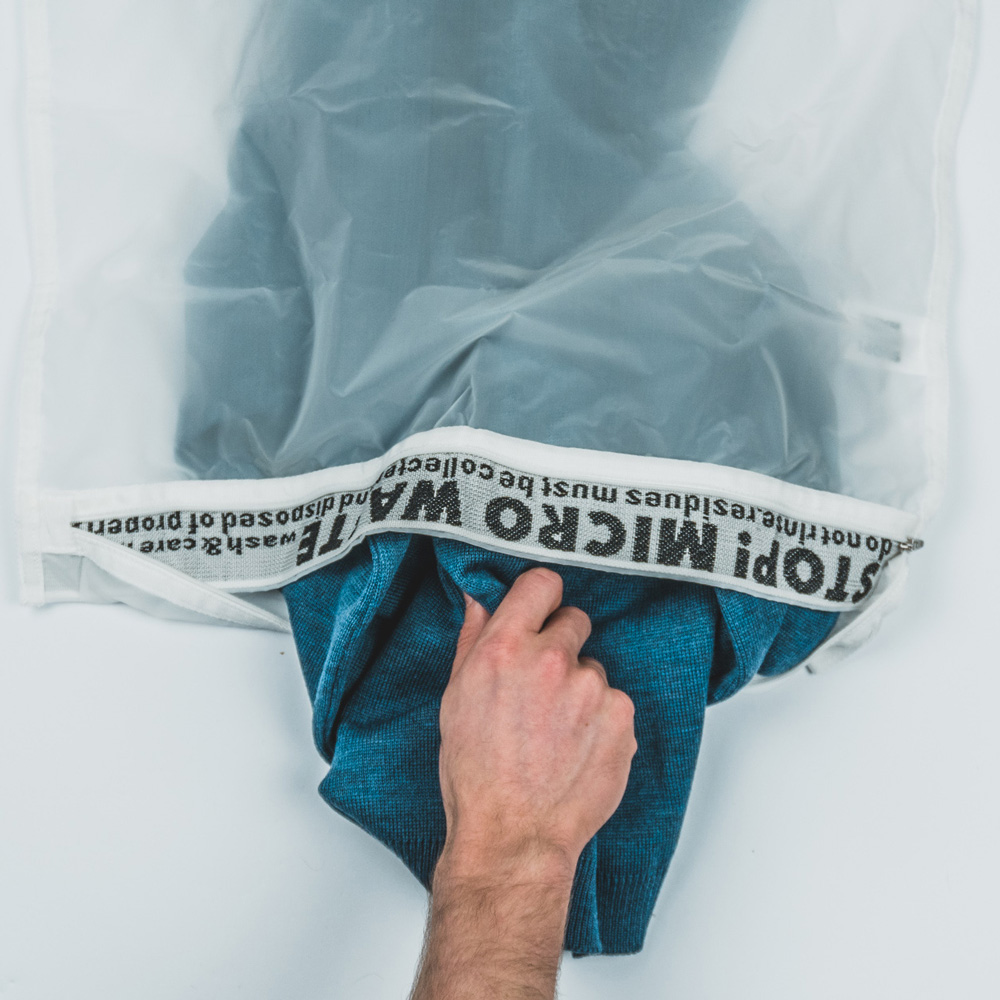
Bespoke Designs
Let’s be honest: new, sustainably-made garments can cost a pretty penny. So why not add a touch of luxury while you’re at it? At companies like Eileen Fisher, you can select everything about your knitwear, from design to wool type, and have a garment made to your exact specifications in just a few hours. By investing in clothing that isn’t mass-produced, you can make a statement in more ways than one.
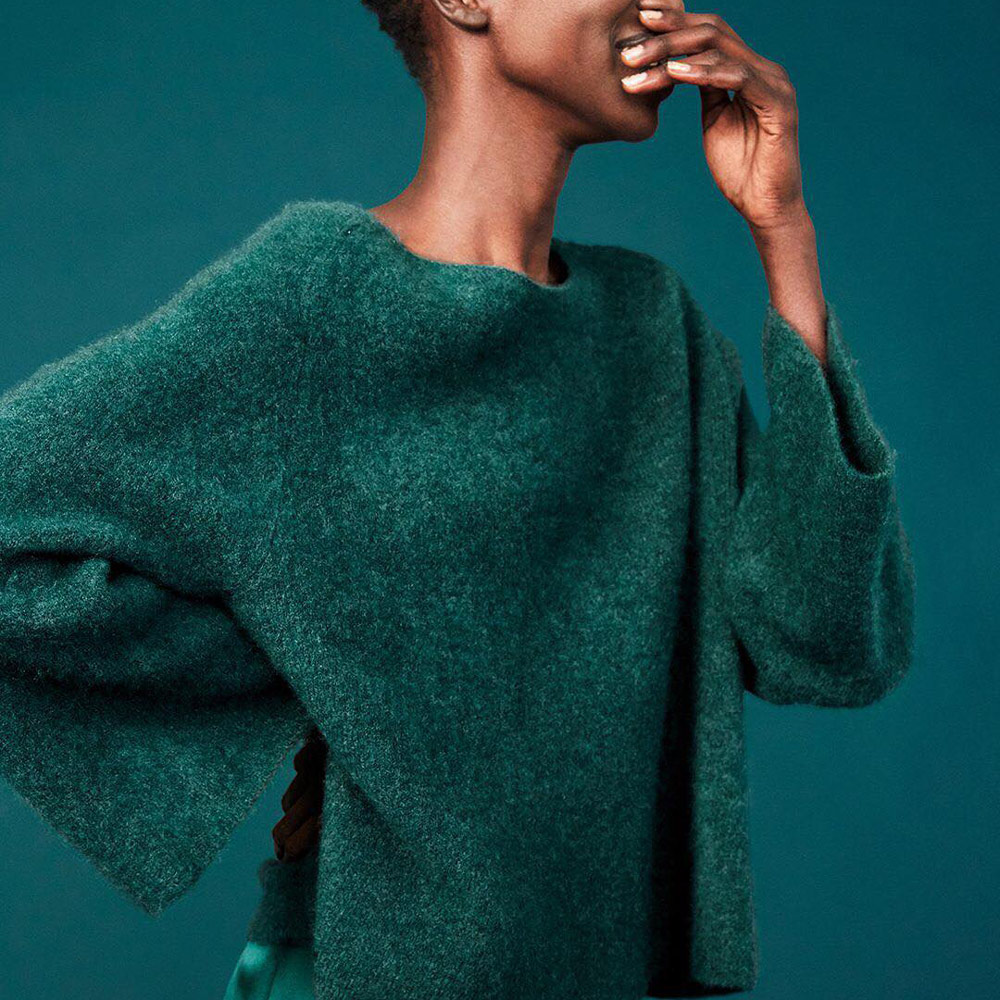
Zero-Waste Sneakers
Shoe designers are coming up with increasingly inventive ways to reduce waste and simultaneously create a durable, stylish product, and Ecoalf may be one of the most diligent around. Last year, the Spanish brand unveiled the ‘Shao’ sneaker, a shoe that is produced through a zero-waste process. The knitted, sock-like upper of each pair is created with a yarn made from five plastic bottles; the outer sole of the shoe is a foam material, made from a type of algae that can harm aquatic environments if present in excess.
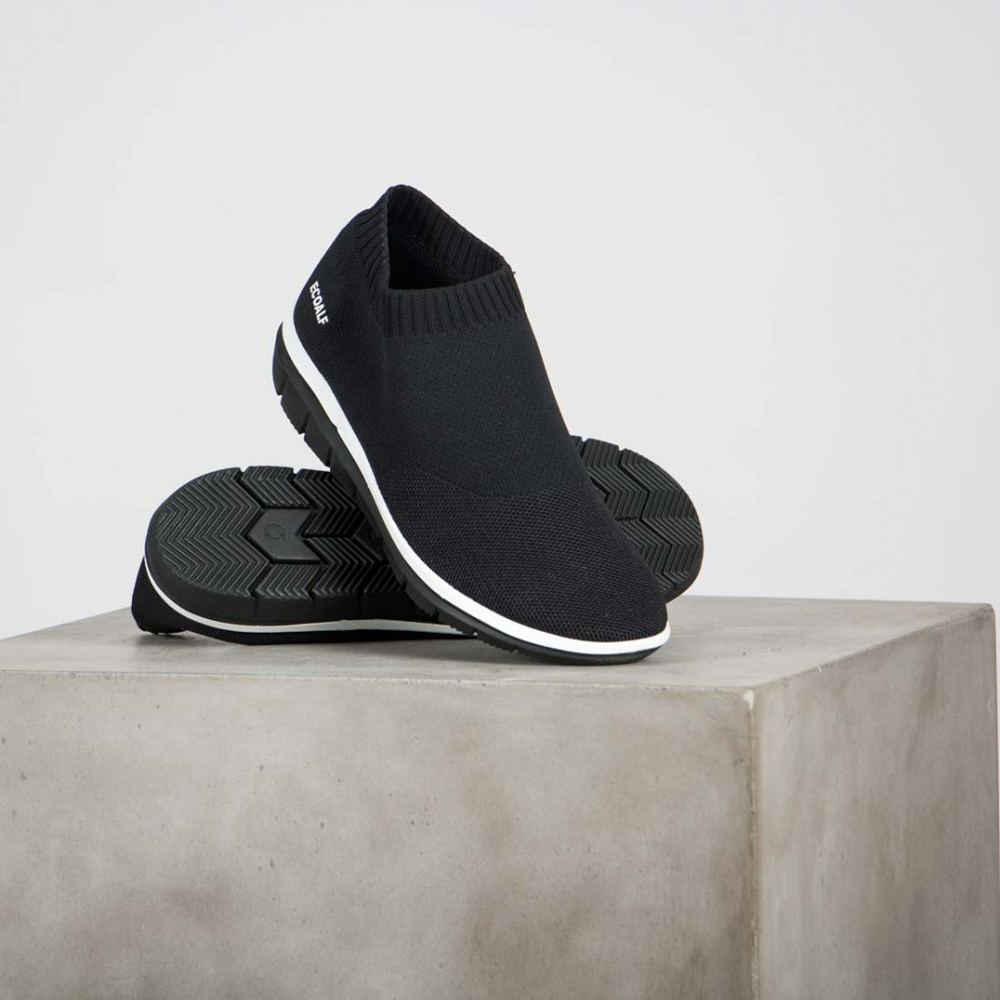
Capsule Fashion
They say less is more, and they’re not wrong, especially in an age of climate catastrophe. As consumers opt for capsule wardrobes – minimal, pared-down collections centred around a few key pieces – sustainable designers are following suit, releasing more essential, versatile styles that pair well together.
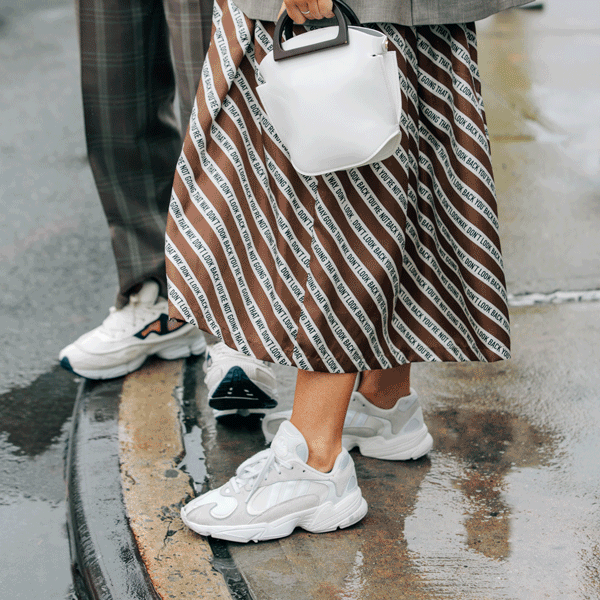
Goodbye To Fur
It’s been a number of decades in the making, but fur has now almost entirely disappeared from the surface of the fashion world. While the long-controversial material may make a sporadic appearance in an editorial feature here and there, fur has been eradicated from the runways of many major retailers including Gucci and Armani, and the tides are certainly not turning anytime soon. Cruelty aside, fur farming creates a high volume of chemical pollution in its preservation process, as well as consuming a large amount of energy.

Ethical Transparency
As sustainability becomes vital for industries the world over, it’s important that it doesn’t just become a marketing ploy by companies who ‘green-wash’, and can’t actually put their supply chain where their mouth is. Brands should be as open as possible about the sustainability of their practices, and many are following in the footsteps of retailers like Instagram cult favourite Reformation, who allow you to view the environmental impact of each individual garment on their website before you make a purchase.
Read More: Check out some of our favourite sustainable designers of 2019.



